Chileans head to the polls on Sunday the 19th of November to choose a successor to outgoing President Michelle Bachelet.
The race pits the governing New Majority coalition against the conservative Let's Go Chile coalition led by former president and businessman Sebastian Piñera, with an up and coming left-wing Broad Front coalition also shaking things up.
RELATED:
Pinera 'Will Fire 20,000 Chilean Public Servants' if Elected
While Piñera has taken the lead in polls for the first round, with the greater part of the right-wing united behind him, the left is split between supporting the governing New Majority coalition, and Broad Front coalition led by Beatriz Sanchez that has been critical of the New Majority leadership.
In 2013, Bachelet won against her conservative rival by 63 percent. Turnout in recent Chilean elections however, has been notoriously low, with only 43 percent coming out for the 2013's general elections and only 13 percent going to polls for the recent primaries.
Although Piñera maintains a lead in most polls, those opposed to the big-business-backed billionaire say that the election will ultimately be determined by voter turnout, with a low-turnout favoring the conservatives.
Disillusionment with Chile's politics runs rampant among some sectors. According to the most recent poll by CEP, only 29 percent of polled Chileans identified with either of the three major political coalitions, Let's Go Chile, New Majority, or Broad Front. Nearly half of respondents replied that politics in general did not interest them.
A major political question in this election is whether or not Chile will hold a constituent assembly to redraft the country's Pinochet-era constitution, which is widely seen as inhibitive of progressive, democratic change.
TeleSUR takes a look at who's who in the upcoming general election.
Alejandro Guillier
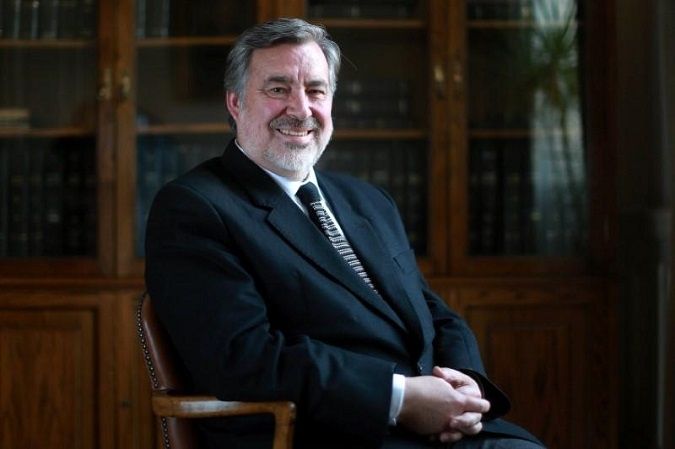
Center-left social democrat Alejandro Guillier is running as an independent with the support of the New Majority coalition, of which current president Michelle Bachelet is a part.
The group of left and center-left parties supporting Guillier include the Communist Party, MAS Region, Citizen Left, Party for Democracy, Social Democrat Radical Party, and the Socialist Party.
The first-term senator and former journalist who launched the popular TV show Zero Tolerance is commonly viewed as an “outsider,” which helps distinguish him from the leadership of Bachelet while also continuing the legacy of the coalition that has won nearly every election since Chile's return to democracy after the brutal military rule.
Calling himself the “President of the people,” Guiller has made employment for all, gender equality, public health, and the “construction of a more fair and inclusive country” the backbone of his campaign.
Recent polls show Guiller as being the runner up, although he has been unable to catch up to his conservative rival. Following Monday's debate, 13 percent of those polled by Plaza Publica believed him to be the "winner," as opposed to Piñera's 21 percent.
Sebastian Piñera
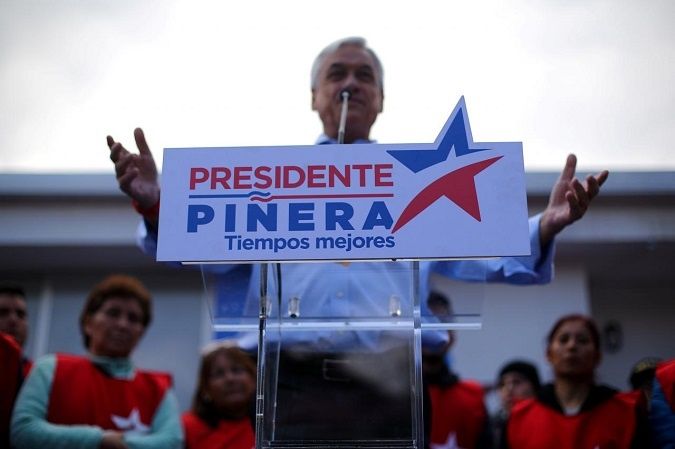
Conservative businessman and former president from 2010 to 2014, Sebastian Piñera has been ridden by corruption allegations, but that hasn't stopped him from rising to the position of the anticipated front-runner, backed by the Lets Go Chile coalition. The Independent Regionalist Party, Independent Democratic Union, National Renewal, Political Evolution, and Amplitude party all back the right-winger.
Piñera has campaigned promising to implement neoliberal reforms, including laying off tens of thousands of public servants, and closing down the Employment and Training Office.
He has also emphasized being tough on crime and drug trafficking, and has criticized the Bachelet government for supposedly failing to do so.
The first billionaire to have been Chile's president, the gaffe-prone Piñera has frequently been accused of having conflicts of interest in Chilean politics.
Piñera has consistently been leading the polls for the first round, but it is unlikely he will receive 50 percent, bringing the decision to December's runoff elections.
Beatriz Sanchez
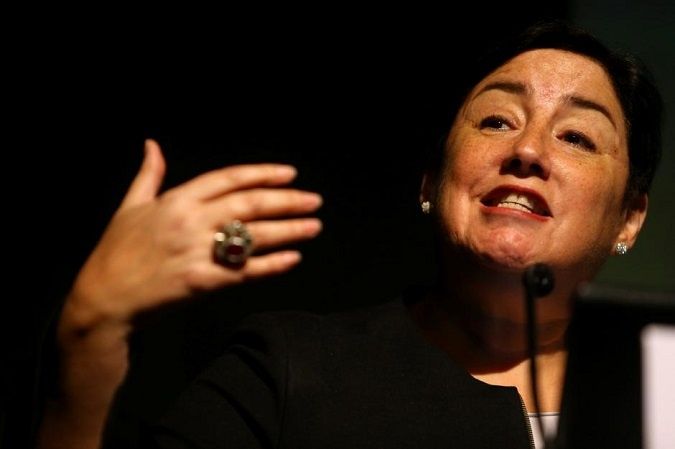
Beatriz Sanchez is a journalist and activist who is running as part of the up and coming Broad Front coalition, which emerged as an alternative left-progressive alternative to the New Majority, who many feel have been too slow to implement promised reforms.
The coalition is a diverse grouping of progressive, new-left, and liberal parties and protest movements, including the Humanist Party, the Liberal Party, Democratic Revolution, Poder, Green Ecologist Party, and the Equality Party.
Alongside groups within the New Majority, such as the Communist Party of Chile, the Broad Front has been vocal in pushing for the redrafting of Chile's Pinochet-era constitution, which has inhibited the implementation of reforms.
Sanchez has had a surprising surge in polls, consistently polling at a close third place.
José Antonio Kast
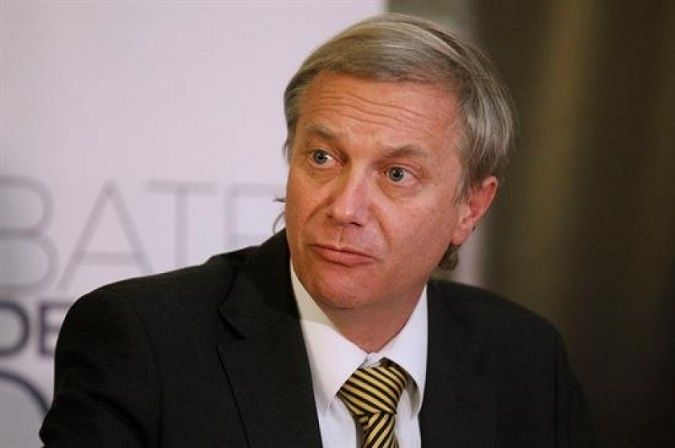
From a family that held positions within the brutal Pinochet military regime, José Antonio Kast is running as an independent on a far-right platform, promising to crack down on “delinquency,” and be a “strong” president who will impose “public order” against supposed “violent marches” by protesters. He has notoriously called Chile's Indigenous Mapuche protesters "terrorists."
Marco Enriquez-Ominami
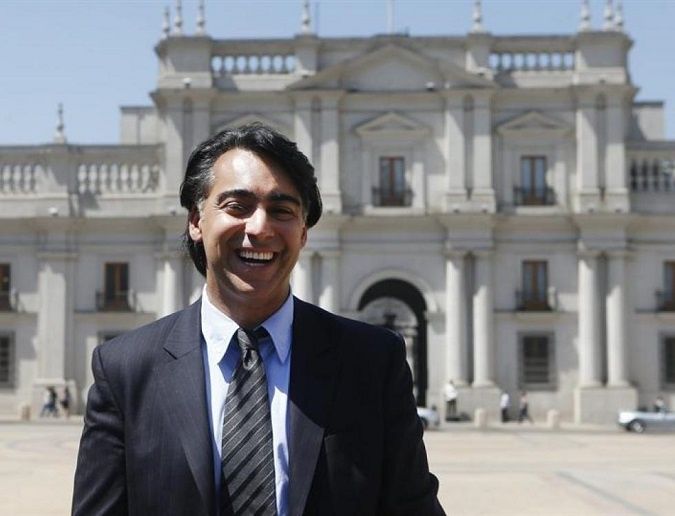
Enriquez-Ominami grew up exiled to France by the Pinochet dictatorship, and his father was assassinated while leading an underground resistance movement against the military regime. Having previously run for president twice before, the Progressive Party candidate has often been critical of Chile's major political coalitions.
Although his political history has made him a fairly well-recognized actor in Chilean politics, he is polling behind the three major coalitions.
Carolina Goic

The Christian Democratic Party candidate is running its own campaign with Carolina Goic, splitting the centrist party from the New Majority coalition, in which it previously aligned itself as the center-right wing of the governing coalition.
The socially-conservative party advocates a platform of moderate liberal reforms. They have largely struggled to garner a significant base of support since withdrawing from the New Majority coalition over disagreements with its more progressive wing.
Eduardo Artés
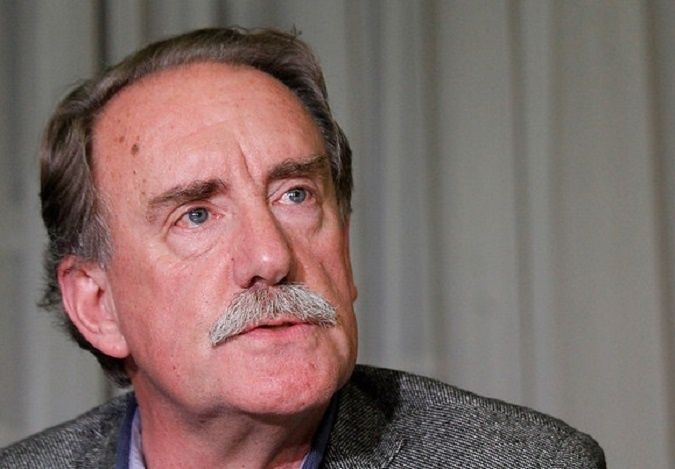
Artés is a teacher and the leader of the Chilean Communist Party (Proletarian Action), a smaller far-left Marxist-Leninist party that originated as a split from the now-defunct Maoist party, the Revolutionary Communist Party of Chile. Running on the Patriotic Union ticket, Artés is running on a communist, “anti-revisionist” platform.
Only 2 percent of those polled believe he "won" the most recent debate.
Alejandro Navarro
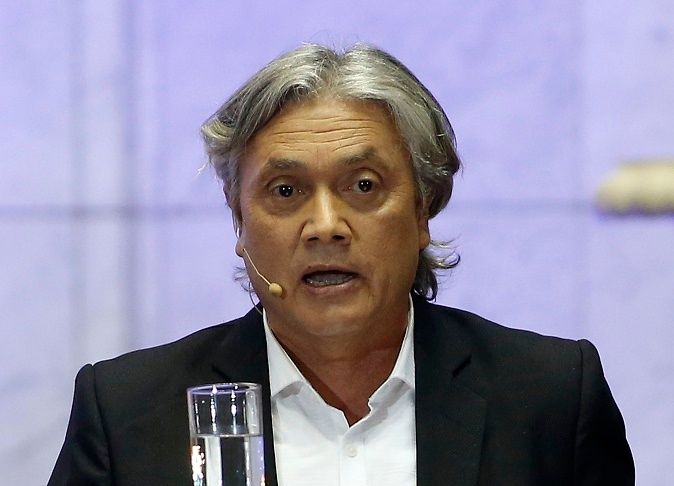
The Senator of Chile's Bio-Bio province founded the Pais party, which puts forward a progressive, socialist agenda, last year. Navarro, who was formerly of the MAS party, which supports Guillier's New Majority, is the Pais party's candidate. Key agenda points include an opposition to the wildly unpopular AFP pension system, and pushing for free, universal education.
He has also spoken out in support of Venezuela, comparing the economic war against the Bolivarian revolution to the coup carried out against former Chilean leftist president, Salvador Allende.
Polls place him significantly behind all the major coalitions.